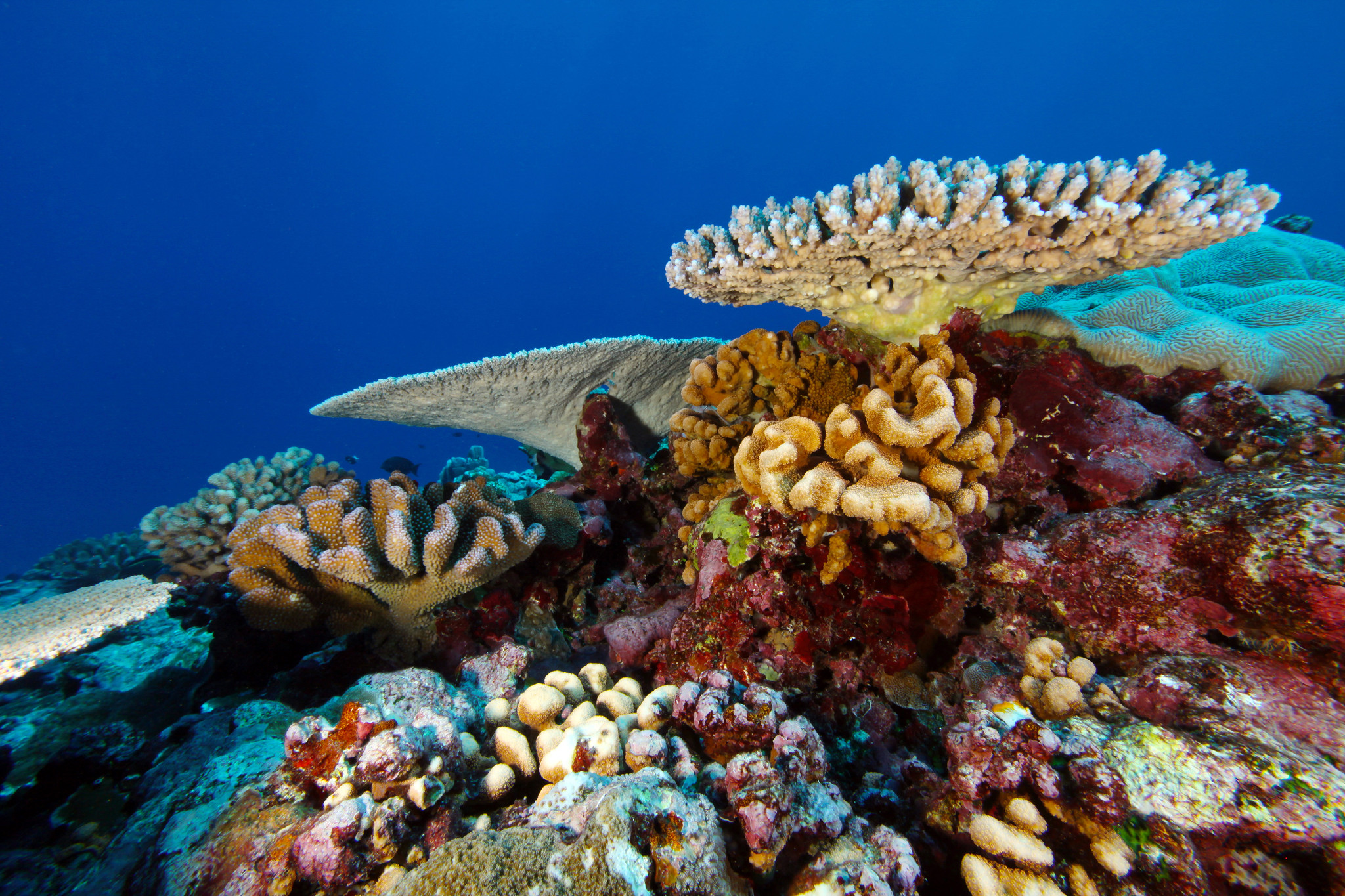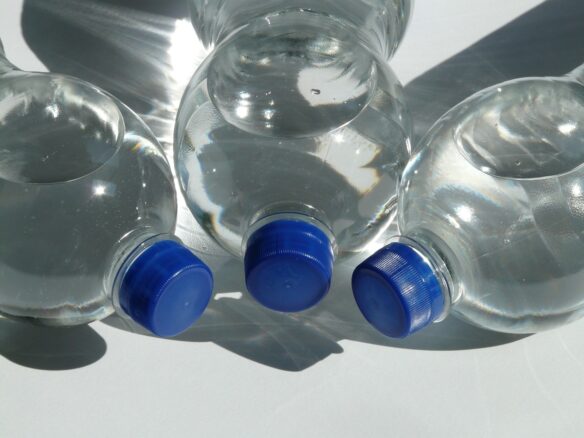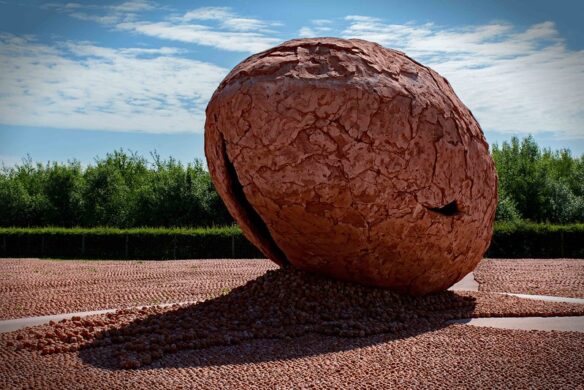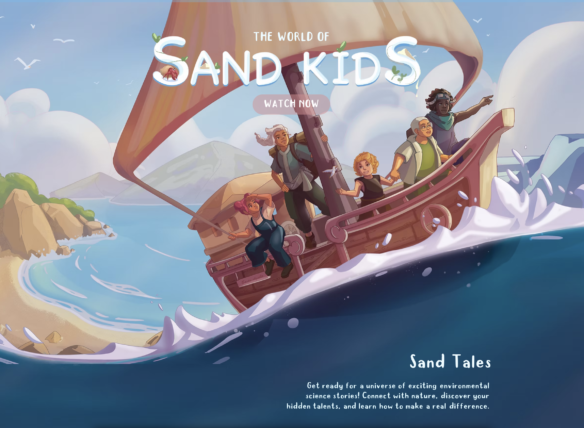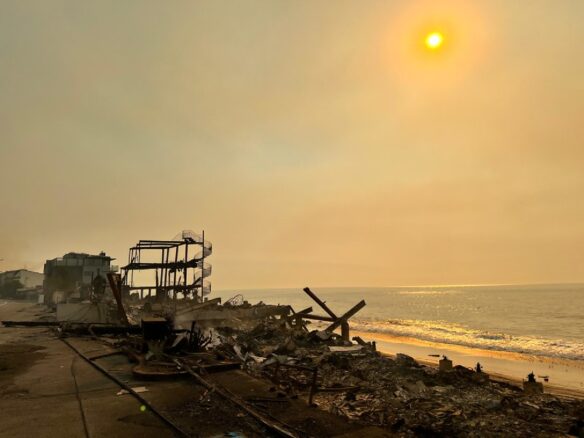Excerpt:
Ocean temperatures have been extremely hot this summer, wreaking havoc on some of the world’s highly vulnerable coral reefs. With marine heat waves only expected to get worse as the climate changes, scientists are increasingly focusing on an emergency plan: collecting coral specimens and safeguarding them onshore.
A library of corals, brought in from the wild, could be an insurance policy in the face of climate change, providing the genetic material to restore the reefs of the future. For long-term storage, some corals could end up in the deep freezer.
Scientists are working on preserving corals by cryogenically freezing them. In a new study, a team from the Smithsonian’s National Zoo and Conservation Biology Institute, UC Berkeley and the University of Hawaii at Manoa report they successfully brought a coral fragment back to life after freezing it at -196 degrees Celsius.
The world’s coral reefs face an existential threat from climate change, if humans don’t reduce emissions from burning fossil fuels. The reefs’ vital ecosystems support about a quarter of all marine life and provide coastal protection from waves and storm surge.
Cryopreservation, as the freezing technique is known, could provide a safe haven for the broad range genetic material across coral species, which could be key to adapting to future conditions. In Florida, as water temperatures rose to 100 degrees Fahrenheit this summer, restoration teams raced to collect coral specimens and put them in onshore tanks to preserve the unique individuals of the reef.
“We have to gut through this,” says Mary Hagedorn, senior scientist at Smithsonian’s National Zoo and Conservation Biology Institute and the University of Hawaii at Manoa. “We have to do whatever is necessary to maintain the ecosystems on our planet…”
Also of Interest:
“Climate change is destroying reefs, but the effects are more than ecological – coral’s been woven into culture and spirituality for centuries” – Michele Currie Navakas The Conversation

